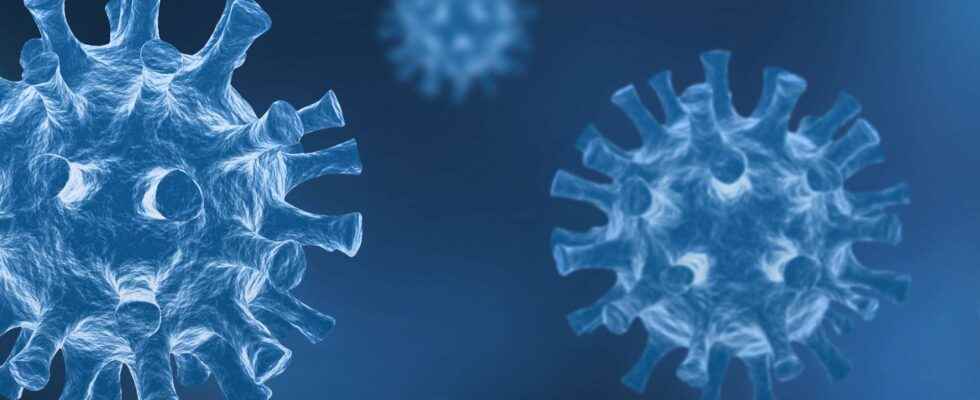The vaccine does not prevent you from being infected with the coronavirus, but by reducing the length of time the virus is present in the body, it would limit the risk of transmission in the long term.
You will also be interested
The anti-Covid vaccines do not prevent infection, but drastically reduce the risk of catching the coronavirus but also of transmitting it. A small study published by The New England Journal of Medicine indicates that people who are vaccinated are contagious for a shorter period of time than those who are not. It is a joint study between several American universities including that of Harvard and Yale. The researchers followed the dynamics of the viral load in 173 people vaccinated or not. If the small size of the sample does not allow us to draw generalities, this work offers an interesting overview of the duration of the peak of replication viral according to vaccination status.
Coronavirus is cleared faster in vaccinees
Participants were infected with the Delta variant, Alpha or another SARS-CoV-2 minority. Scientists did not observe significant differences in viral load, intensity of replication, or clearance between the variants. Just as vaccination status does not appear to improve viral load and overgrowth of virus. In contrast, vaccinated people clear the virus from their bodies faster than unvaccinated people. The vaccinated keep the virus 5.5 days on average against 7.5 days for the unvaccinated. As the virus is cleared more quickly in the vaccinated, the infection is shorter and therefore the risk of transmitting the coronavirus is reduced in the long term.
Due to its modest size but also to the profile of the participants, mainly young healthy men, this study cannot be generalized to the general population. It appears all the same that the anti-Covid vaccines reduce the duration of the viral cycle by accelerating its clearance.
Interested in what you just read?
.
fs6
